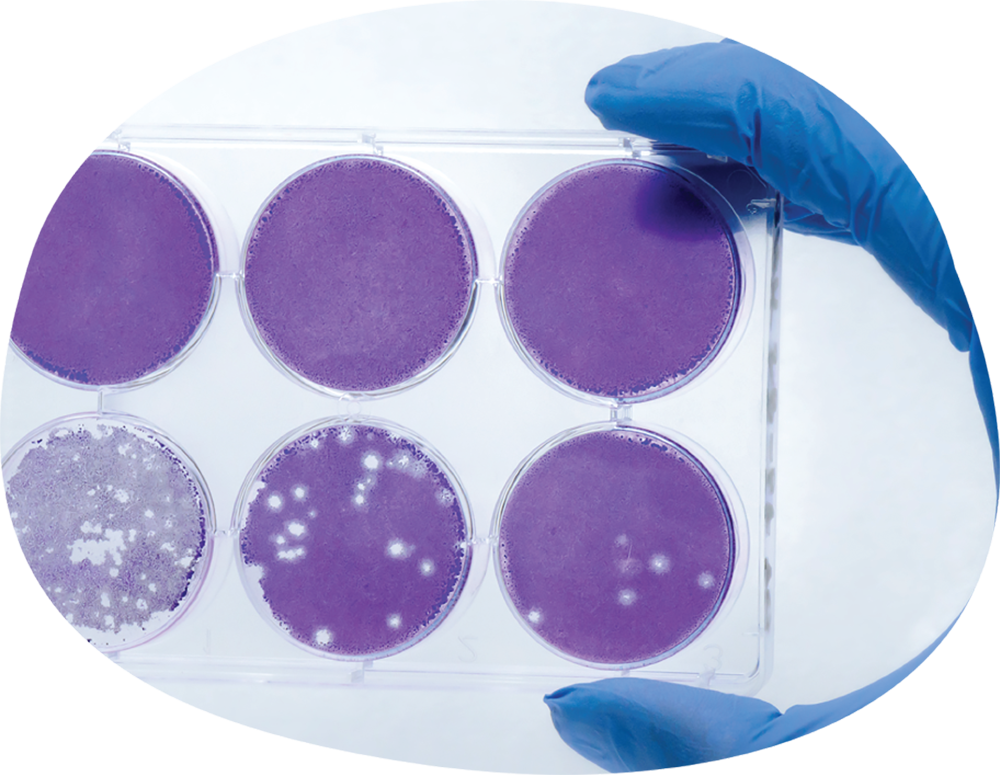A major challenge to using the cell and gene therapy CAR T-cell therapy for solid tumors is identifying a protein target that isn’t also on healthy cells.

Scientists at Moffitt Cancer Center in Tampa, Florida, believe they discovered a protein target for ovarian cancer, increasing the potential of cell and gene therapy for this solid tumor.
The cancer center is hosting a phase 1 clinical trial to use a T-cell therapy for ovarian cancer. The medical center recently announced that the first patient had started treatment. The study will include up to 48 patients with ovarian cancer.
This might be a historic clinical study for the advancement of cell and gene therapy for solid tumors – particularly ovarian cancer, which is diagnosed in nearly 20,000 women in the United States each year.
Review of CAR T-cell therapy
In 2017, cell and gene therapy made headlines with the first approval from the U.S. Food and Drug Administration (FDA) for the treatment of blood cancer. Kymriah, a CAR T-cell therapy, was approved for acute lymphoblastic leukemia.
CAR is short for chimeric antigen receptor. This type of cell and gene therapy alter the genetics of a patient’s T cells to better equip them against a particular cancer. Since the FDA approval of Kymriah, five other CAR T-cell therapies have been approved for treating blood cancers.
Challenges of CAR T-cell therapy for solid tumors
Solid tumors and blood-born tumors are different for many reasons. One is that the proteins expressed on solid tumors are also found on healthy cells. The sharing of proteins makes developing CAR T-cell therapies for solid tumors quite challenging.
While some have reached the clinical trial stage of research and testing, none have progressed to the point of receiving FDA approval. Scientists continue to look for receptor targets that can direct the T cells toward cancer cells while leaving healthy cells alone.
Changing CAR-T to CER-T for ovarian cancer
Rather than using a traditional CAR T-cell therapy of targeting an antigen receptor, Moffitt’s trial uses a chimeric endocrine receptor (CER) T-cell therapy.
The target of the T-cell therapy is an endocrine receptor called the follicle-stimulating hormone receptor. Researchers believe this receptor is expressed solely on ovarian cancer cells in women who are otherwise healthy.
If the CER approach works in slowing the growth of ovarian cancer or eradicating the disease, it might be a blueprint for developing cell and gene therapies for other solid tumor types. More researchers may begin looking for hormone receptors instead of traditional antigen receptors to target with engineered T cells.
“It is exciting to see our novel FSHR-mediated CAR-T technology reaching patients, and if our unique CAR-T approach is successful, it could serve as a model for future targeted CAR-T therapies in other cancer types,” said Jose R. Conejo-Garcia, MD, PhD, Chair of the Department of Immunology at Moffitt Cancer Center and co-inventor of the CER T-cell technology.
Other uses of cell and gene therapy for ovarian cancer
Alliance for Cancer Gene Therapy is committed to funding cell and gene therapy research and clinical trials that lead to cures for all types of cancer. The devotion to this ambitious science includes researchers focused on ovarian cancer.
One of ACGT’s Research Fellows is Daniel Powell, PhD, of the University of Pennsylvania. Dr. Powell is developing a CAR T-cell therapy for ovarian cancer and testing it in a phase 1 clinical trial.
“My greatest hope is that this trial will not only control tumors but mediate complete tumor eradication.” — Daniel Powell, PhD, ACGT Research Fellow
He is one of many ACGT Research Fellows invested in cell and gene therapy for ovarian cancer. If you’d like updates on the progress of this field of cancer treatment for this specific solid tumor, sign up for our monthly email newsletter and other communications.
Page sources
- Anixa Biosciences Announces Treatment of First Patient in its Ovarian Cancer CAR-T Clinical Trial. Biospace. Retrieved from: https://www.biospace.com/article/releases/anixa-biosciences-announces-treatment-of-first-patient-in-its-ovarian-cancer-car-t-clinical-trial/. Accessed: 09/09/2022.



